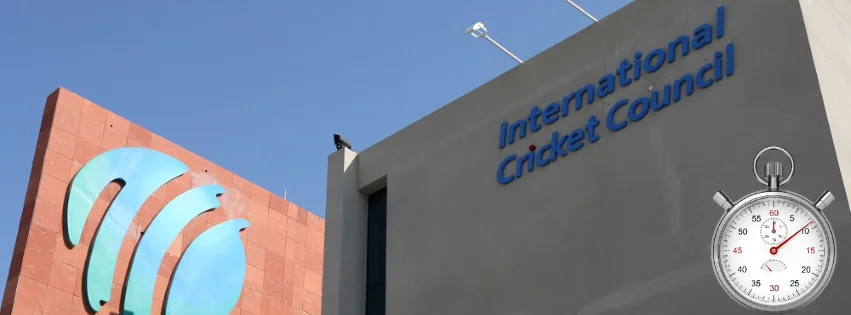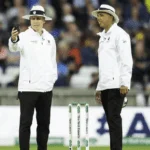Penalty if overruns by 60 seconds! After consecutive editions of the One Day World Cup, the ICC had announced that from December to April 2024, cricket will implement the ‘stop clock’ method experimentally. The latest news suggests that this rule could become permanent in international cricket through its application in the upcoming T20 World Cup in June.
It’s known that this rule will apply to white-ball cricket, including T20 and One Day matches. The objective is to finish matches within a specified time frame. Cricket website Cricbuzz has reported that the ICC is looking to make this experimental rule permanent after its successful trial, which has been approved in the ongoing meeting in Dubai.
This rule will be incorporated into the general playing conditions of One Day and T20 cricket under ICC’s clause 41.9 sub-clause 41.9.4, where there’s already a provision for penalties due to fielding team’s time wastage.
Batsmen will have to be ready to face the ball within a set time frame, or else they will face ‘timed out’.
According to the initial rules of the stop clock: bowlers will have a maximum of 60 seconds between overs. If a team exceeds this time more than thrice in an innings, a penalty of 5 runs will be imposed on the fielding side. The venue will have an electronic clock that will count down from 60 seconds to zero between overs.
Testing for this began last December, and now, there will be a clock displayed at the end of each over. If a team fails to be ready within the specified time three times, they will face a penalty of 5 runs.
Moreover, the clock will stop in certain specific scenarios:
– When a new batsman comes to the crease between overs
– During an official drinks break
– When providing primary treatment for an injury on the field for a batsman or a fielder
– If time is wasted for any reason outside the control of the fielding team.








